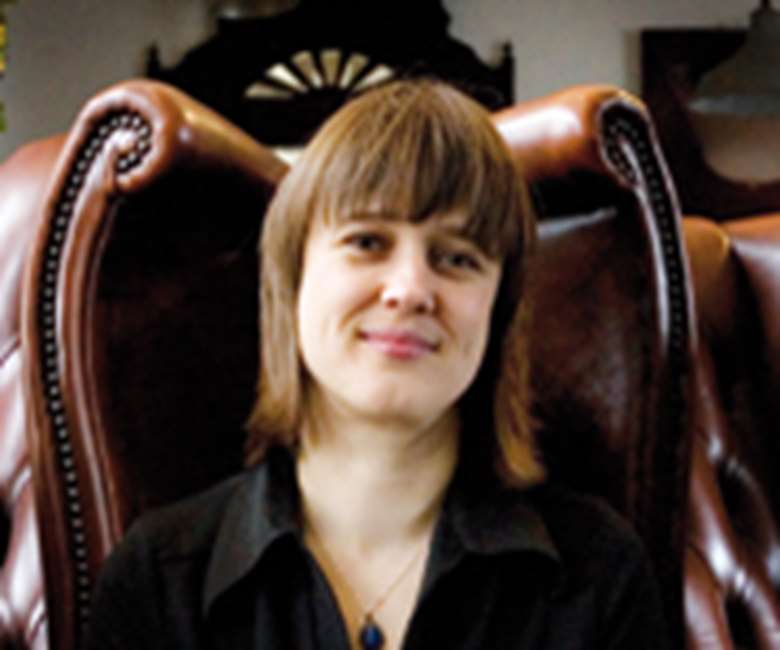Ingrid Laubrock - Stolen Moments
Wednesday, August 27, 2008
Saxophonist Ingrid Laubrock has within a short period of time become part of the progressive adventurous stream of jazz coming out of the London scene centred around the F-IRE Collective. With her new group she this month debuts new album Sleepthief in the company of forward-thinking American drummer Tom Rainey and pianist Liam Noble. Duncan Heining talks to Ingrid about her fast-developing career and how she sees the direction of her music in a rapidly changing musical landscape.


Register now to continue reading

Thank you for visiting Jazzwise.co.uk. Sign up for a free account today to enjoy the following benefits:
- Free access to 3 subscriber-only articles per month
- Unlimited access to our news, live reviews and artist pages
- Free email newsletter